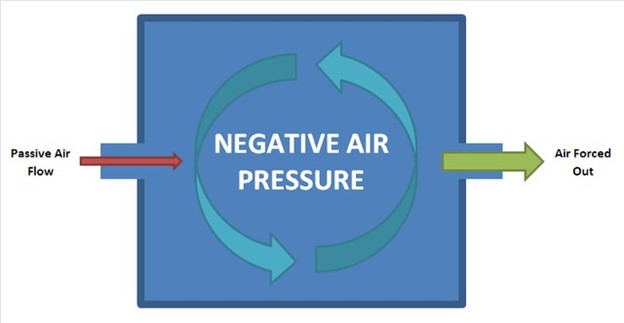A nurse is preparing to administer vancomycin IV to an adult client.
The client asks the nurse if the medication can be given 2 hr earlier.
Which of the following statements should the nurse make?
“I can adjust the time and schedule for when it’s convenient for you.”.
“I can start the medication 30 minutes earlier.”.
“I have up to 2 hours after the usual schedule time to give you this medication.”.
“I can infuse the medication at a faster rate.”.
None
None
The Correct Answer is B
The correct answer is choice b. "I can start the medication 30 minutes earlier."Choice A rationale: This is an inappropriate response, as the nurse should not adjust the time and schedule for the administration of alteplase recombinant, which is a time-sensitive medication used to treat a thrombus in the coronary artery. The administration of this medication must be done within a specific time frame to be effective.Choice B rationale: This is the correct answer. Alteplase recombinant is a thrombolytic medication used to dissolve blood clots in the coronary artery. It is a time-sensitive medication, and it is crucial to administer it as soon as possible to minimize the damage to the heart muscle. Starting the medication 30 minutes earlier is an appropriate action to include in the plan of care, as it can help ensure the medication is administered within the recommended time frame.Choice C rationale: This is an inappropriate response. Alteplase recombinant should be administered within a specific time frame, typically within 3 to 4.5 hours of the onset of symptoms. Waiting up to 2 hours after the usual schedule time to give the medication would be outside the recommended time frame and could potentially reduce the effectiveness of the treatment.Choice D rationale: This is an inappropriate response. Alteplase recombinant should be infused at a specific rate, as recommended by the manufacturer or healthcare provider. Infusing the medication at a faster rate could increase the risk of adverse effects and should not be included in the plan of care without specific instructions from the healthcare provider.
Nursing Test Bank
Naxlex Comprehensive Predictor Exams
Related Questions
Correct Answer is C
Explanation

This is because varicella, or chickenpox, is a highly contagious disease caused by the varicellazoster virus (VZV), which can spread through the air or by direct contact with the fluid from the blisters. A negative air pressure room prevents the air from the room from circulating to other areas of the hospital, reducing the risk of transmission to other patients and staff.
Choice A is wrong because aspirin should not be given to children with chickenpox, as it can cause a serious condition called Reye’s syndrome, which affects the brain and liver. Instead, acetaminophen can be used to reduce fever.
Choice B is wrong because droplet precautions are not enough to prevent the spread of chickenpox. Droplet precautions involve wearing a mask and gloves when in close contact with the patient, but they do not prevent the virus from traveling through the air. Airborne precautions, which include a negative air pressure room and wearing a respirator, are needed for chickenpox.
Choice D is wrong because Koplik spots are not a sign of chickenpox, but of measles, another viral infection that causes a rash. Chickenpox causes an itchy rash with small, fluid-filled blisters that crust over.
Correct Answer is D
Explanation
D) Scrambled eggs and toast with milk.
For a client who follows kosher dietary traditions, it's essential to adhere to the rules and restrictions that pertain to kosher food preparation and consumption. Among the given options, the only one that aligns with kosher dietary guidelines is scrambled eggs and toast with milk.
The other options (A, B, and C) contain non-kosher ingredients, such as ham, shrimp, and bacon, which are not considered kosher. Additionally, mixing meat and dairy products is generally not allowed in kosher dietary practices. So, options A, B, and C would not be appropriate for someone following kosher dietary traditions.
Whether you are a student looking to ace your exams or a practicing nurse seeking to enhance your expertise , our nursing education contents will empower you with the confidence and competence to make a difference in the lives of patients and become a respected leader in the healthcare field.
Visit Naxlex, invest in your future and unlock endless possibilities with our unparalleled nursing education contents today
Report Wrong Answer on the Current Question
Do you disagree with the answer? If yes, what is your expected answer? Explain.
Kindly be descriptive with the issue you are facing.
